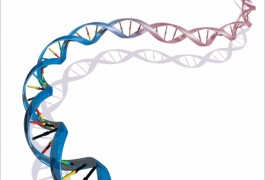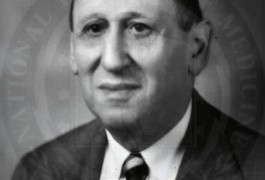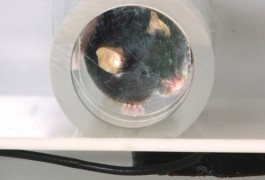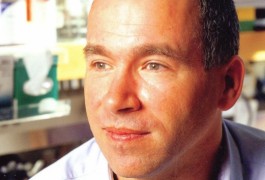Fragile X symptoms reversed in mice
Fragile X syndrome is a rare and devastating condition, and a risk factor for autism. New research suggesting the condition is reversible in mice has some wondering whether treatments for the syndrome ― and for some forms of autism ― could be on the horizon.










